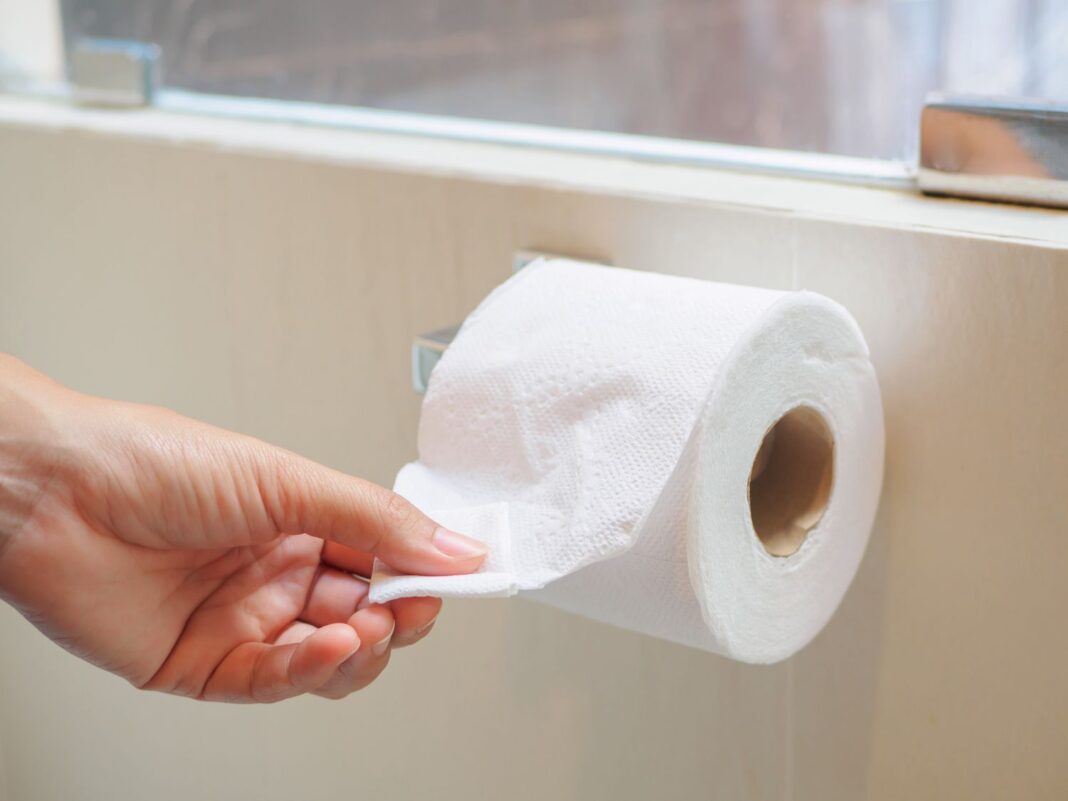Sitting on the Toilet Too Long: Health Risks and Prevention
Sitting on the toilet for an extended period can lead to various health issues, including hemorrhoids, weakened pelvic muscles, and rectal prolapse. Healthcare professionals generally agree that it is best to limit toilet sessions to no more than 10 minutes.
1. Hemorrhoids
Hemorrhoids are swollen veins in the anus or the anus lining and lower rectum. They occur when there is too much pressure around the anus, often caused by prolonged sitting, constipation, straining during bowel movements, and lifting heavy objects. Symptoms of hemorrhoids include anal itching, bleeding from the anus, and tender lumps near the anus.
To prevent hemorrhoids, it is essential to avoid sitting on the toilet for a prolonged time and straining to pass a bowel movement. Treatment options include over-the-counter pain relievers, sitz baths, and consuming adequate fiber and fluids each day.
2. Weakened Pelvic Muscles
Prolonged sitting on the toilet and straining to pass a bowel movement can weaken pelvic muscles. When the pelvic muscles become weakened, several symptoms can occur, including constipation, leaking stool, leaking urine when laughing, coughing, or sneezing, painful urination, and urinary urgency.
Regular exercise can strengthen the pelvic floor muscles. Contact a healthcare provider for helpful exercises to target these muscles.
3. Rectal Prolapse
A rectal prolapse is when part of the rectum pushes out of the anus. It can occur right after a bowel movement before moving back into the anus. When rectal prolapse is more severe, the rectum may not move back into the anal canal. This condition is more common in people over 50 years of age, especially women.
Rectal prolapse treatment is based on its severity. In more severe cases, it may require surgery.
If You’re Sitting Too Long, It May Be Constipation
People spend extra time sitting on the toilet for various reasons. One reason is having difficulty passing a bowel movement due to constipation. Constipation is a health condition marked by having fewer than three bowel movements per week. The stool may be dry and hard, making it difficult to pass or feel as though not all the stool has passed.
Constipation can usually be treated at home through changes in diet. Eating foods high in fiber, drinking plenty of water, and exercising regularly can help relieve symptoms.
How to Avoid Spending Too Much Time on the Toilet
To avoid the negative consequences of spending too much time on the toilet, consider the following:
- Do not take your phone into the bathroom.
- Set a timer when you’re in there.
- After 10 minutes, get up and walk around.
As always, drink enough water and eat plenty of fiber to help prevent constipation and make bowel movements easier to pass.
When to Contact a Healthcare Provider
Digestive health is an important part of overall health. If you are constipated and cannot get relief with home treatment, contact a healthcare provider. Also, speak to your provider if you suspect you have hemorrhoids, rectal prolapse, or weakened pelvic muscles.
A healthcare provider can assess your situation and provide a treatment plan to relieve symptoms and help reduce the amount of time spent on the toilet.
Conclusion
Sitting on the toilet for an extended period can lead to various health issues. It is essential to be aware of the risks and take steps to prevent them. By limiting toilet sessions to no more than 10 minutes, eating a high-fiber diet, and exercising regularly, you can help maintain good digestive health and reduce the risk of complications.
FAQs
- How long should I sit on the toilet?
It is recommended to limit toilet sessions to no more than 10 minutes. - What are the symptoms of hemorrhoids?
Symptoms of hemorrhoids include anal itching, bleeding from the anus, and tender lumps near the anus. - How can I prevent constipation?
Eating foods high in fiber, drinking plenty of water, and exercising regularly can help relieve symptoms of constipation. - When should I contact a healthcare provider?
If you are constipated and cannot get relief with home treatment, contact a healthcare provider. Also, speak to your provider if you suspect you have hemorrhoids, rectal prolapse, or weakened pelvic muscles.




